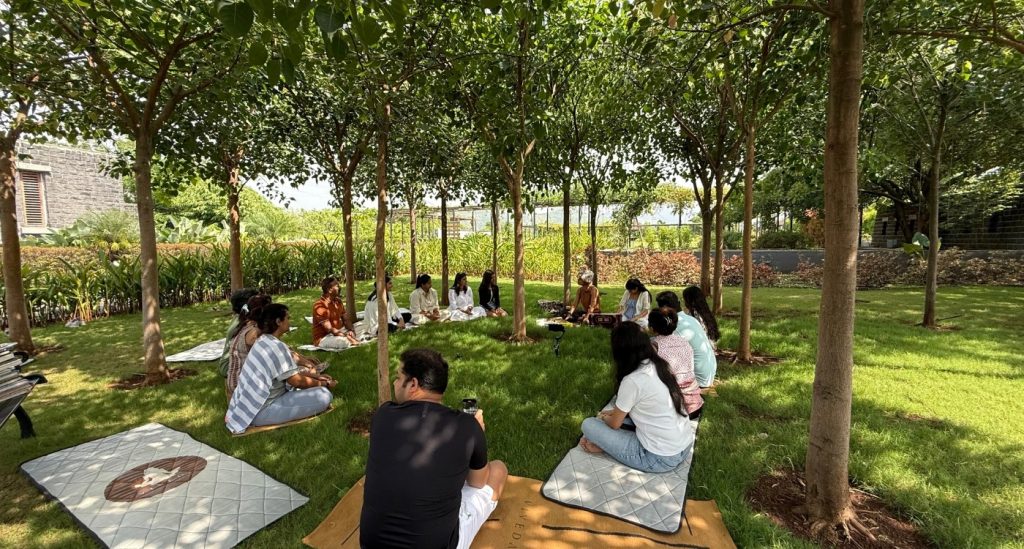Southeast Asia is witnessing a major shift in travel preferences as digital detox resorts rise in popularity across the region. With modern life becoming increasingly dominated by screens, notifications and constant connectivity, more travelers are seeking spaces where technology takes a back seat and mindful living becomes the focus. This shift has driven a wave of new wellness destinations that prioritize nature, silence and genuine human connection.
Countries like Thailand, Indonesia, Vietnam and Malaysia have become leading hubs for digital detox tourism. Their serene landscapes, tropical climates and cultural emphasis on balance make them ideal for travelers who want to escape overwhelming digital routines. Over the past year, new resorts have launched programs encouraging guests to surrender their devices upon check-in, offering them a rare opportunity to disconnect from virtual pressures.
These digital detox resorts operate on a simple philosophy—when screens go off, the senses turn on. Many properties are located in lush forests, mountains or seaside areas far from urban noise. Instead of WiFi-rich lounges, they provide activities designed to slow the mind and restore balance. Guests can expect sunrise yoga sessions, guided meditation, nature walks, journaling workshops and spa therapies that promote relaxation. The absence of digital distractions helps visitors reconnect with themselves and appreciate the environment around them.
Travelers are increasingly drawn to these spaces due to rising awareness of digital fatigue. Studies released in early 2025 show that people spend an average of ten hours a day on screens, leading to burnout, anxiety and reduced emotional clarity. Southeast Asia’s digital detox resorts address this growing concern with structured routines aimed at improving mental well-being. Many guests report better sleep, increased focus and a calmer state of mind after completing short detox programs.
Another factor fueling the growth of these resorts is the shift in global travel priorities. Post-pandemic lifestyles have encouraged people to value mental health just as much as physical health. Travelers now seek vacations that heal rather than exhaust, and digital detox retreats offer an escape from the constant rush of content consumption. These resorts attract professionals, creators, students and even families who want meaningful time together without competing screens.
Local economies are also benefiting from this trend. Several Southeast Asian communities have partnered with wellness brands to convert old lodges, beachfront villas and eco-cottages into retreat spaces. This has created job opportunities for yoga instructors, chefs specializing in organic meals, wellness coaches and environmental guides. The model promotes sustainable tourism, as many detox resorts emphasize eco-friendly practices such as solar power, plastic-free policies and farm-to-table dining.
However, the rise of digital detox tourism is not without challenges. Some travelers find it difficult to part with their devices, especially those accustomed to remote work or constant social media updates. To ease the transition, many resorts offer “soft detox” programs where guests can access digital tools for emergencies or limited time windows. Others provide offline creative alternatives such as pottery classes, sound-healing therapy, cooking lessons and cultural immersion experiences with local communities.
As the trend grows, Southeast Asia is expected to become a global leader in mindful and wellness-focused tourism. With increasing demand, more resorts are planning expansions into lesser-explored natural spaces, giving travelers a wider range of options. Whether someone needs a weekend reset or a long retreat, the region now offers multiple ways to step back from the digital world and reconnect with a slower, more intentional way of living.
Digital detox resorts represent a timely reminder that unplugging can be just as luxurious as indulging. As technology continues to shape daily life, these serene havens across Southeast Asia offer a refreshing alternative—one where silence, nature and inner peace take center stage.














